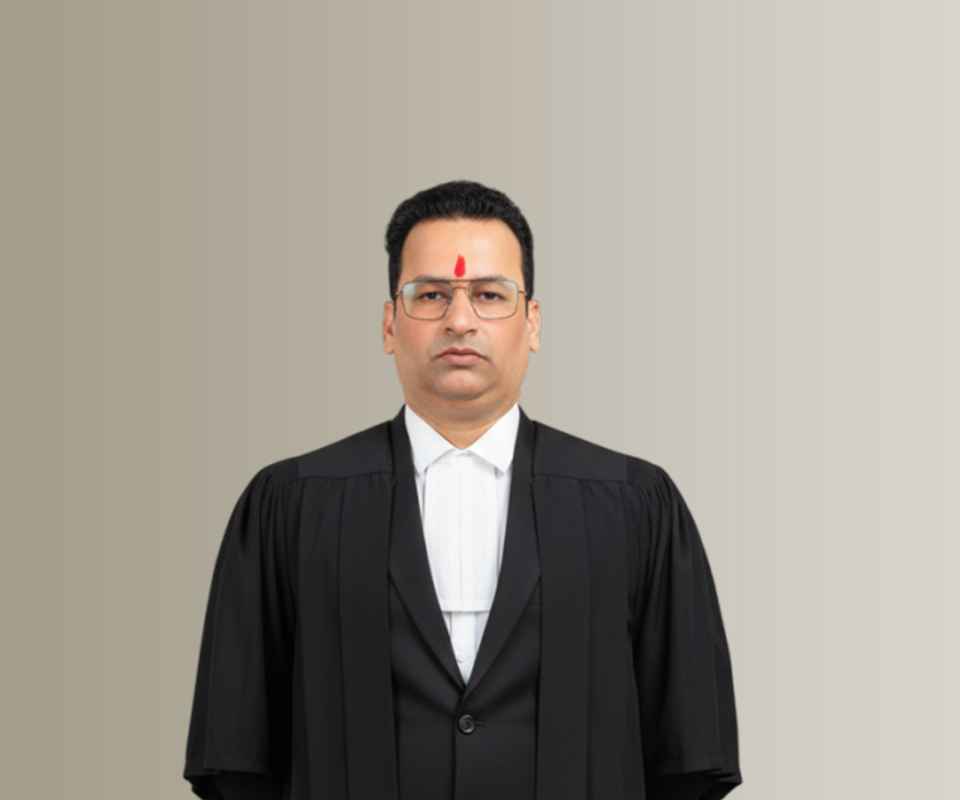Answer By law4u team
In international arbitration, disagreements between arbitrators can occur, especially in a multi-member tribunal (e.g., a three-member tribunal). While differences in opinion are natural, it is crucial for the tribunal to have a clear process in place to resolve such disagreements. Arbitration rules typically outline mechanisms to address deadlocks and ensure that a final, enforceable decision is reached. Despite the disagreement, fairness and procedural integrity must be maintained to ensure that both parties receive a just and impartial decision.
What Happens if Arbitrators Disagree?
Majority Decision
Majority Voting:
In most cases, a disagreement among arbitrators is resolved through majority voting. If the tribunal consists of three members, the two arbitrators with the same opinion will form the majority, and the decision is made based on that majority.
Chairperson’s Role:
If there is a tie between the arbitrators (e.g., 1-1), the chairperson typically has a casting vote, which allows them to break the tie and make the final decision. This ensures that the tribunal can reach a conclusion even when two arbitrators disagree.
Dissenting Opinions
Issuing a Dissenting Opinion:
If one arbitrator disagrees with the majority, they may issue a dissenting opinion. A dissenting opinion provides the reasons for the arbitrator’s disagreement with the majority’s decision. This allows transparency and provides an alternative legal perspective.
Impact of Dissent:
While dissenting opinions do not change the outcome of the decision, they are valuable for understanding the reasoning behind the decision and can be important in case the award is challenged later in court. Dissenting opinions contribute to the development of legal principles by presenting alternative arguments and interpretations.
Deadlock Resolution Mechanisms
Chairperson’s Role in Resolving Deadlock:
In a situation where the arbitrators are deadlocked (unable to reach a consensus), the chairperson may play a crucial role in facilitating further discussions. Often, the chairperson will work with the co-arbitrators to narrow down the issues or suggest possible compromises to break the deadlock.
Adjournment or Additional Deliberations:
In some cases, the tribunal may adjourn the hearings to allow more time for reflection or additional deliberations to resolve the disagreement. This ensures that all parties’ positions are carefully considered before making a final decision.
Additional Arbitrators:
In rare circumstances, if the deadlock cannot be resolved, the tribunal may propose appointing an additional arbitrator (an umpire) to break the tie. This process, however, is not common and depends on the arbitration rules and the agreement between the parties.
Tribunal’s Responsibility to Ensure Fairness
Impartiality and Due Process:
Even if the arbitrators disagree, the tribunal must ensure that the process remains impartial and transparent. Both parties must be given an equal opportunity to present their arguments, and the tribunal must ensure that all perspectives are considered.
Right to Be Heard:
Regardless of disagreements, all arbitrators must respect the parties’ right to be heard. This includes considering all evidence and arguments presented by both parties before making a final decision.
Arbitration Rules and Institutional Guidance
ICC, LCIA, and UNCITRAL Rules:
Different arbitration institutions provide guidelines on how to handle disagreements among arbitrators. For instance:
ICC Rules:
Under the ICC Arbitration Rules, the tribunal is encouraged to reach a consensus, and in case of disagreement, a majority decision is required. If the tribunal is deadlocked, the chairperson’s casting vote can be decisive.
LCIA Rules:
The LCIA also provides for majority decision-making and permits the chairperson to cast a vote in case of a tie. The LCIA emphasizes the importance of a reasoned award, which must include the rationale for the decision.
UNCITRAL Model Law:
The UNCITRAL Model Law on international arbitration allows for majority decisions, and if there is no majority, the tribunal may be empowered to take additional steps to resolve the deadlock, such as appointing a new arbitrator in certain circumstances.
Examples of Disagreement and Resolution
Suppose, in a dispute between a construction company and a subcontractor over a breach of contract, the three-member tribunal is divided:
- One co-arbitrator believes the contract is valid, and the other co-arbitrator disagrees, claiming the contract was invalid due to lack of proper documentation. The chairperson casts the deciding vote in favor of the contract's validity, forming a majority decision.
- The dissenting co-arbitrator issues a dissenting opinion, arguing that the contract should be declared void based on the absence of key documents.
- The award is issued based on the majority decision, and the dissenting opinion is included as part of the award, providing a complete record of the decision-making process.
Legal Implications
Challenges to the Award:
Disagreement among arbitrators can lead to challenges to the award in national courts, especially if the dissenting opinion raises issues regarding procedural fairness or substantial legal principles. However, as long as the majority decision is reasoned and adheres to the applicable law and facts, the chances of the award being set aside are generally low.
Transparency and Appeal:
Dissenting opinions contribute to the transparency of the arbitral process. If a party feels aggrieved by the decision, they may challenge the award, especially if they believe the dissenting opinion highlights a significant legal flaw. The presence of dissenting opinions allows the parties to understand the reasoning behind the award more fully, whether or not they agree with the outcome.







